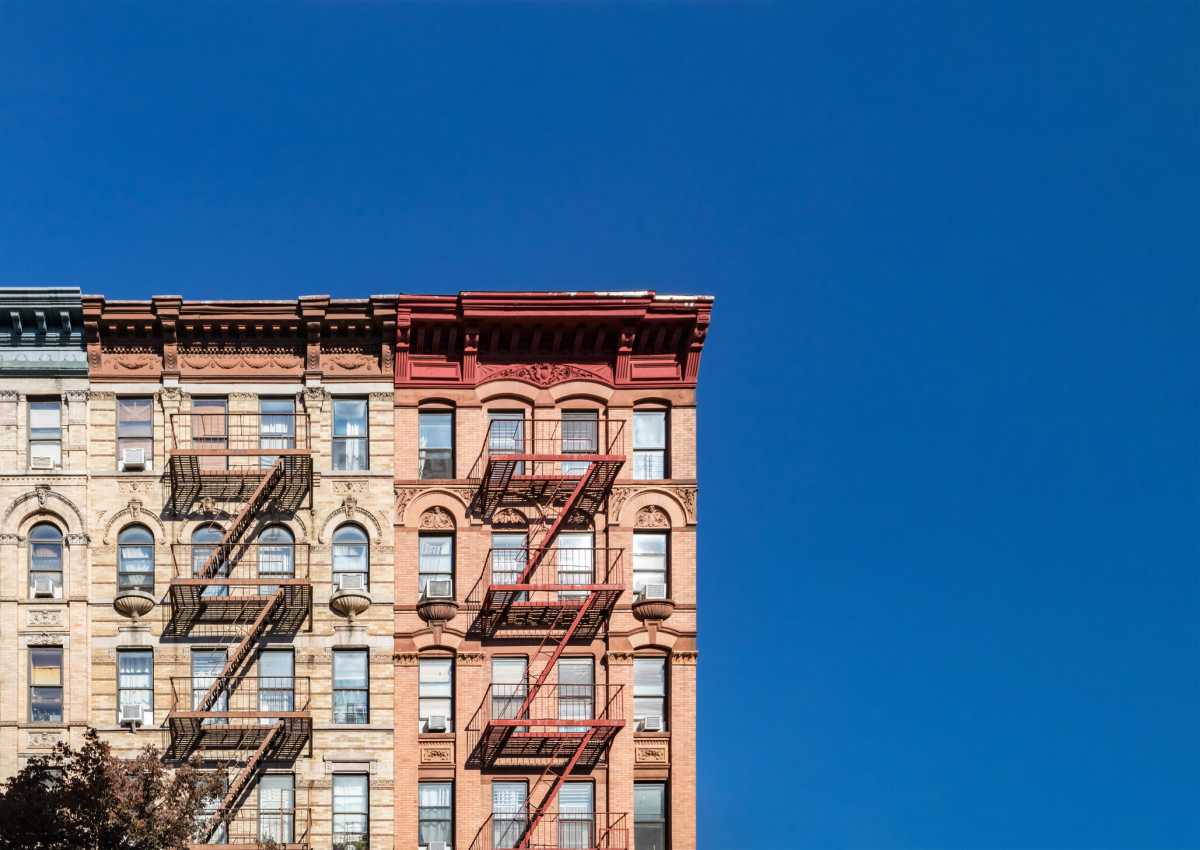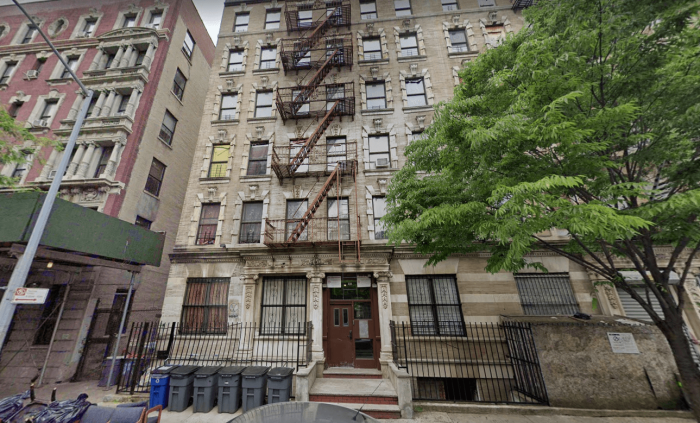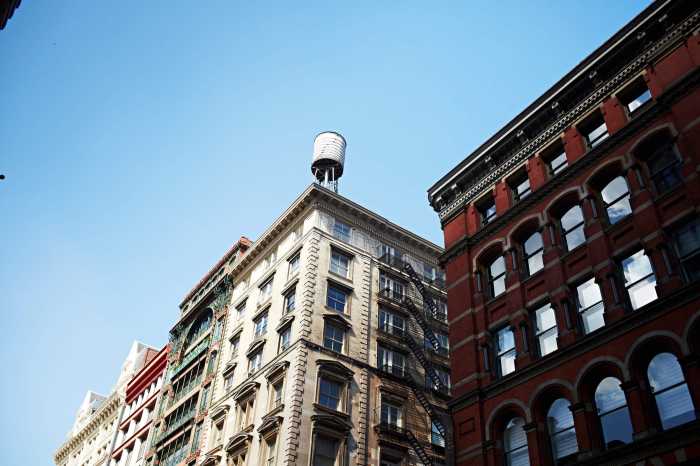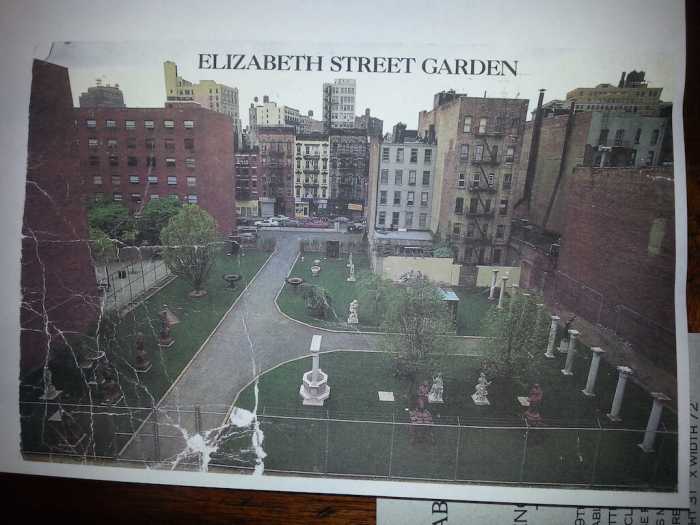The city Department of Housing Preservation and Development (HPD) is allocating $4 million annually to expand a de Blasio-era pilot program aimed at organizing tenants in rent-regulated buildings, while releasing a request for proposals (RFP) seeking nonprofits who can implement the initiative’s next phase, amNewYork Metro has learned.
The program, Partners in Preservation, launched as a $1.5 million pilot in 2019 under former Mayor Bill de Blasio and worked to organize rent-regulated tenants — who landlords often try to push out, so they can rent units at market rate — to more effectively fight against landlord harassment and subpar living conditions, according to HPD. Its ultimate goal is to stave off displacement and preserve the city’s diminishing affordable housing stock.
The pilot, which ran through 2021, was a collaboration between HPD, other city agencies, tenants rights groups and legal service providers. It operated in three communities across northern Manhattan and the Bronx — canvassing 227 buildings, organizing 72 new tenant associations and developing 356 new tenant leaders and floor captains, according to the agency.
“Fighting bad landlords, standing up for working New Yorkers and protecting rent regulated apartments is not only our priority, it’s our mission,” said HPD Commissioner Adolfo Carrion, in a statement. “Together with our tenant organizing partners throughout the city, we’re going to create a New York where safe, stable and regulated housing is reality for even more New Yorkers.”
The idea of building out Partners in Preservation citywide was first introduced by the current mayor, Eric Adams, in his housing plan, which was released last June.
Ahmed Tigani, HPD’s first deputy commissioner, said the agency felt it was important to scale-up this particular initiative because it has helped identify how best to deploy its resources for assisting rent-regulated tenants.
“The work of identifying where we should be putting our resources, especially at a time where we’re seeing tenants coming to the city, saying that they need help, they need our support, that kind of information is invaluable both from a qualitative and a quantitative approach,” Tigani told amNewYork Metro in an interview.

While utilizing data from 311 reports is one of the core quantitative methods HPD uses to combat tenant harassment, Tigani said, much of their information initially comes from conversations with tenants and the groups representing them.
“It only makes sense to continue to formalize that partnership, and look at this as a partnership, in order to go after the worst actors, in order to make sure that we’re putting our money, time, people [and] attention in the right places to help those who need it most,” he said.
To expand Partners in Preservation, HPD is seeking up to four nonprofit tenant organizing groups, according to the agency. One “prime contractor” would oversee growing the initiative citywide, while organizing tenants in its own community. At the same time, that nonprofit will supervise one or more subcontractors, who will also bring together tenants in their respective areas.
“Broadly speaking, we’re looking for folks who have had experience in doing this work, coordinating coalition work, working with tenants, [who are] familiar with the issues of rent stabilization from a policy side, from an organizing side, from the tenant’s perspective,” Tigani said. “And [groups who] want to work, know how to work, leveraging both legal, public communication and other soft skills in improving conditions.”
The agency will also hold a pre-submission conference on Wednesday, April 5 at 1 p.m. over Zoom, where nonprofit organizations can ask questions about the application process. The deadline for applications is 2 p.m. on Wednesday, May 3.
The $4 million in annual funding is already allocated through the next four fiscal years, Tigani said, and will be divided amongst HPD itself and the nonprofits once they’ve been selected.
With the program’s expansion, HPD is looking to bring it to new parts of the city that’ll be divided by the contractors serving those areas, which include: northern Manhattan; the Bronx; central Brooklyn and Staten Island’s North Shore; and northern Queens, northern Brooklyn, the Lower East Side, and SoHo-NoHo.
Tigani said the agency selected those areas based on its own risk models and data that point to where issues among rent-regulated tenants are most at risk of displacement throughout the five boroughs. But, he said, HPD is also seeking suggestions from nonprofits applying for the contract on other neighborhoods it could consider extending the initiative to.
“If people bring to us information that shows that there’s a need somewhere, we’re gonna look into that as well,” he said.
Tigani said the program’s new phase will work to build on what he identified as success stories from the pilot. In one instance, he said, HPD partnered with the nonprofits Tenants & Neighbors (T&N) and Community Voices Heard (CVH), Con Edison and other city agencies to restore cooking gas to East Harlem tenants across several buildings after it was shut off in the early days of the pandemic.
Juanita Lewis, CVH’s executive director, said they also worked with HPD to door-knock in rent-stabilized buildings — where tenants were facing issues with their gas lines, getting repairs and rent increases — with the goal of connecting them to legal services.
“We were able to go and do some door-knocking, and have conversations with tenants about what was happening in their development,” Lewis said. “And then with the hopes of being able to work with legal services, or legal aid, around addressing some of those concerns. And then identifying places where there was some deeper work that was needed around organizing. Being able to develop tenant power to hold your landlord accountable.”
Although the pilot was a “good first step,” Lewis said, the work was interrupted and changed by the onset of the COVID-19 pandemic in early 2020. But, Lewis said her group is “strongly considering” applying for the next phase of the initiative.
“Now, there’s a need more than ever because of how we’ve seen rents have skyrocketed,” she said. “You know we’ve seen some of the pluses and minuses from the rental assistance programs … But also still needing to make sure that repairs are being done in the buildings that they’re living in now.”





































